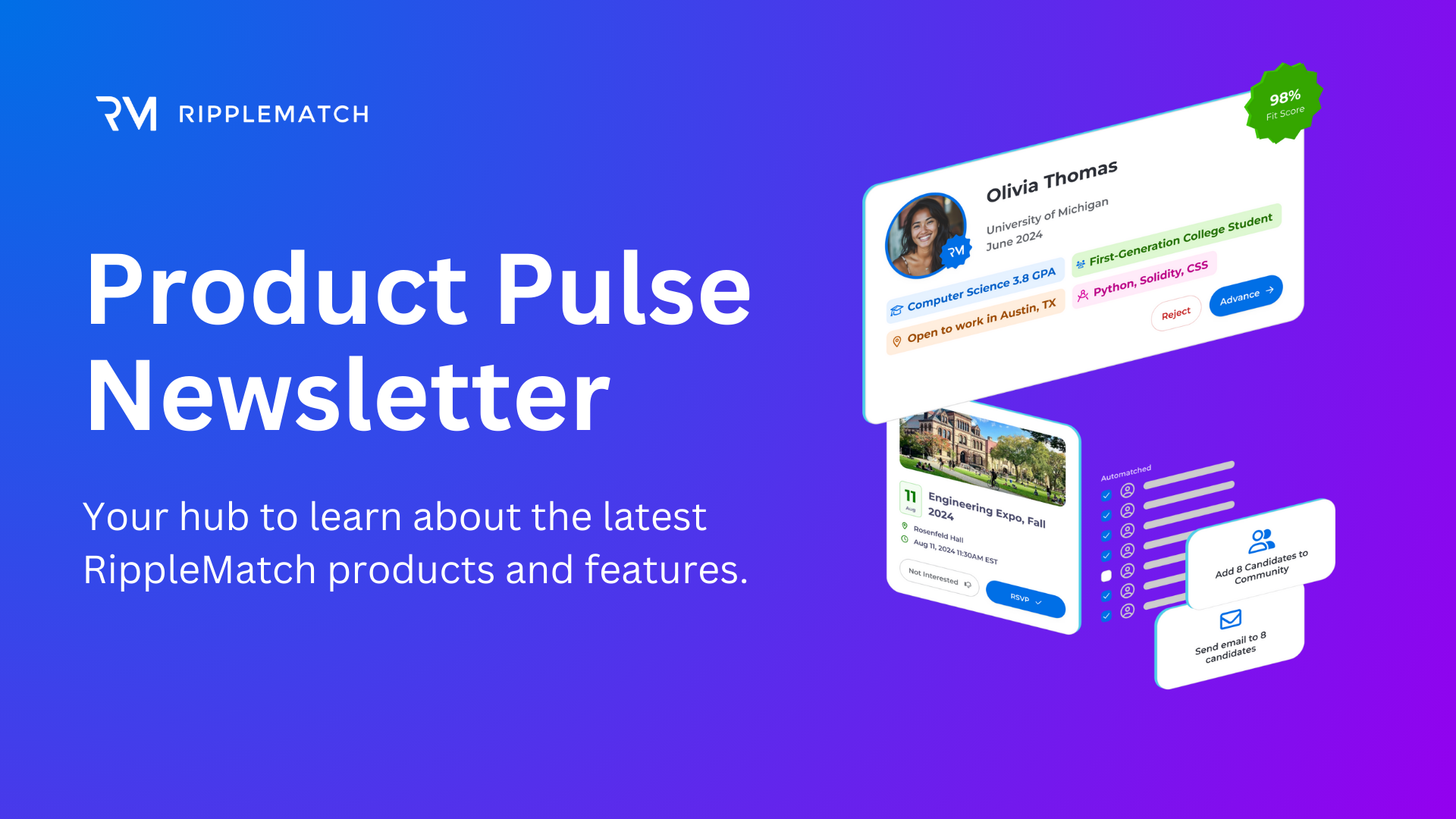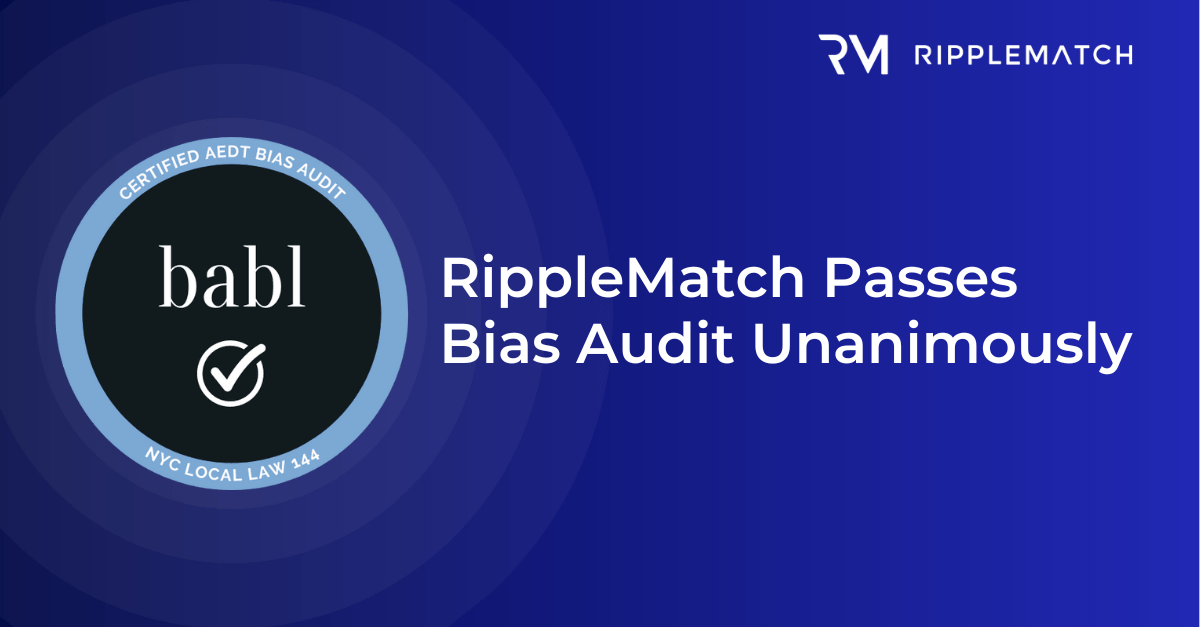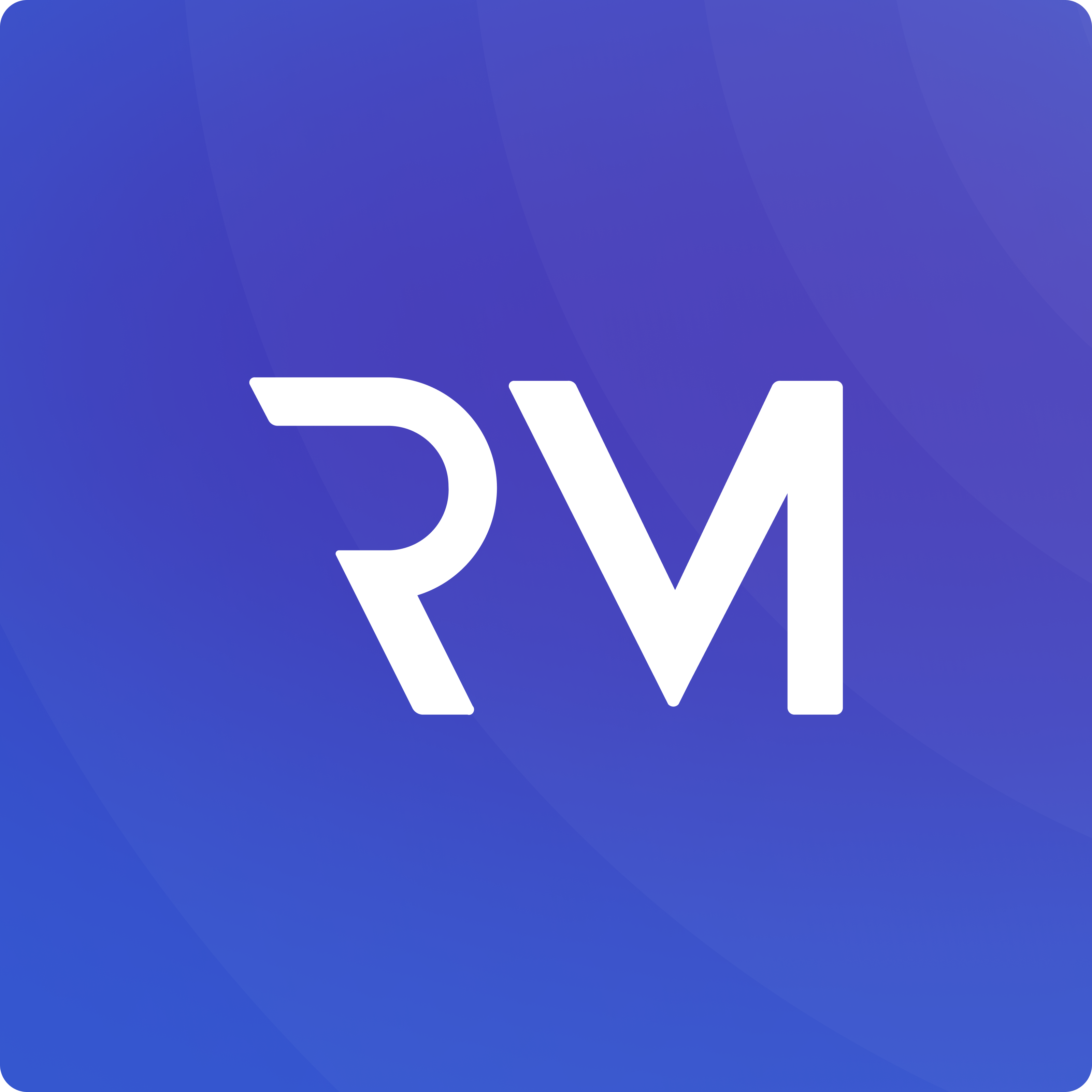Insights
A blog for leaders who care about recruiting and retaining the next generation of talent.
RippleMatch Product Pulse Newsletter: July Edition
Highlights this month include:
- Interview Scheduling: Easily coordinate interviews within RippleMatch.
- Candidate Activity Feed: Get visibility into each candidate's journey in your hiring process.
- AI Chat Filter: Quickly find the best candidates for you with natural language prompts.
- Updates to our Communities product: New Themes and Templates that help you save time and own your brand identity.
Learn more about these features and other recent releases below!
3 Impactful Ways University Recruitment Teams Can Prepare For The 2024 Fall Season
The landscape of recruitment is always changing – are you ready for the latest challenges fall recruitment has for you? To help you prepare, we’ve identified 4 key areas to focus on to ensure you have a smooth and successful season, informed by recent data collected from hundreds of recruiters, thousands of Gen Z candidates, and thousands of data points pulled from user behavior on the RippleMatch platform.
For a more in-depth analysis at each of these areas, you can download our full Fall Readiness Guide here!
All Articles
RippleMatch Passes Bias Audit Unanimously
The Top 10 HBCUs With the Best Computer Science Programs
The Top 10 HBCUs With The Best STEM Programs
10 HBCUs With Strong Business Programs
10 HBCUs With Excellent Liberal Arts Programs
11 Professional Organizations to Partner With to Recruit More Women in STEM
The Top Historically Black Colleges and Universities (HBCUs) to Recruit Entry-Level Candidates From
Measuring the ROI of Your Early Career Strategy
5 Cost-Effective Ways to Hire Your Next Class of Interns

Request a Demo
Learn about the recruiting platform that works for you!
-1.png)

Join Our Newsletter
Stay on the cutting edge of recruitment – we'll share our best content, upcoming events, and reports to help you navigate next-gen talent.










